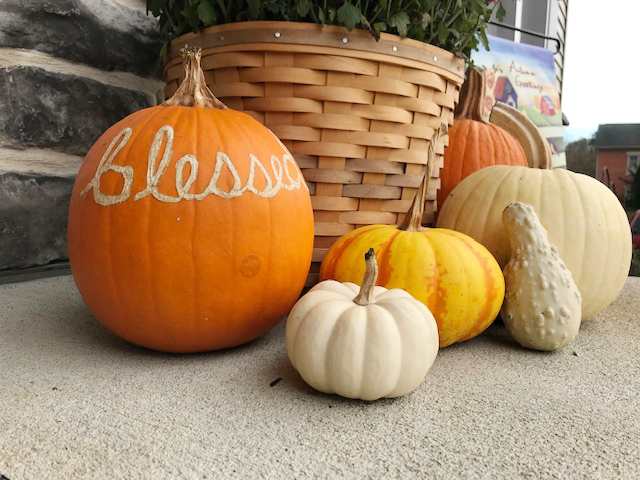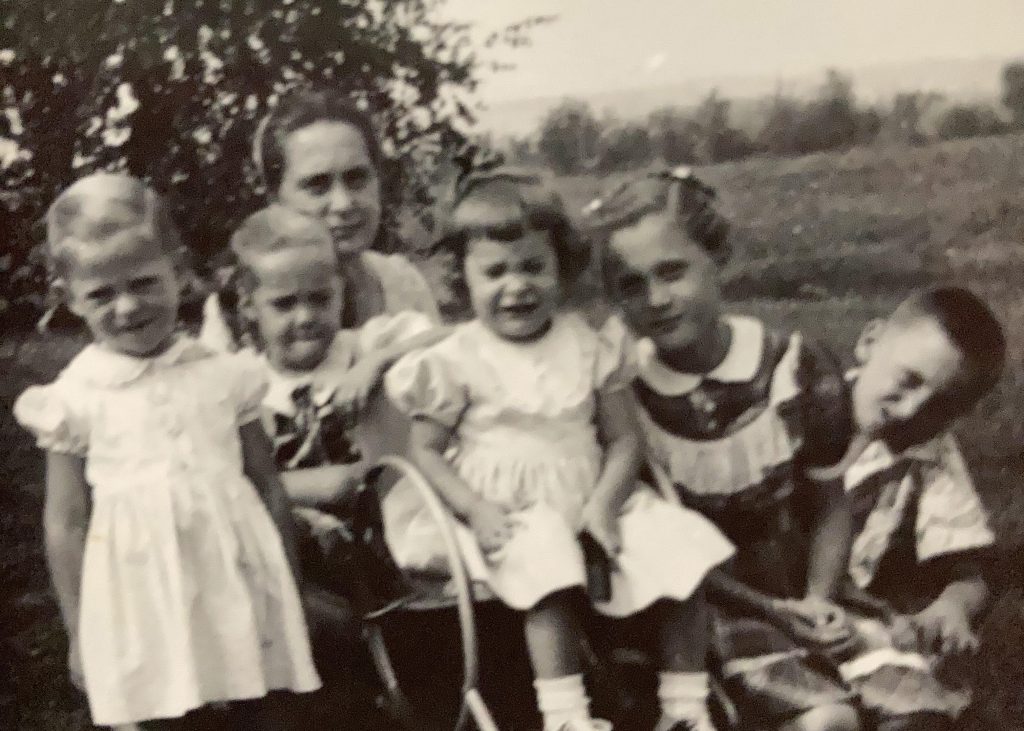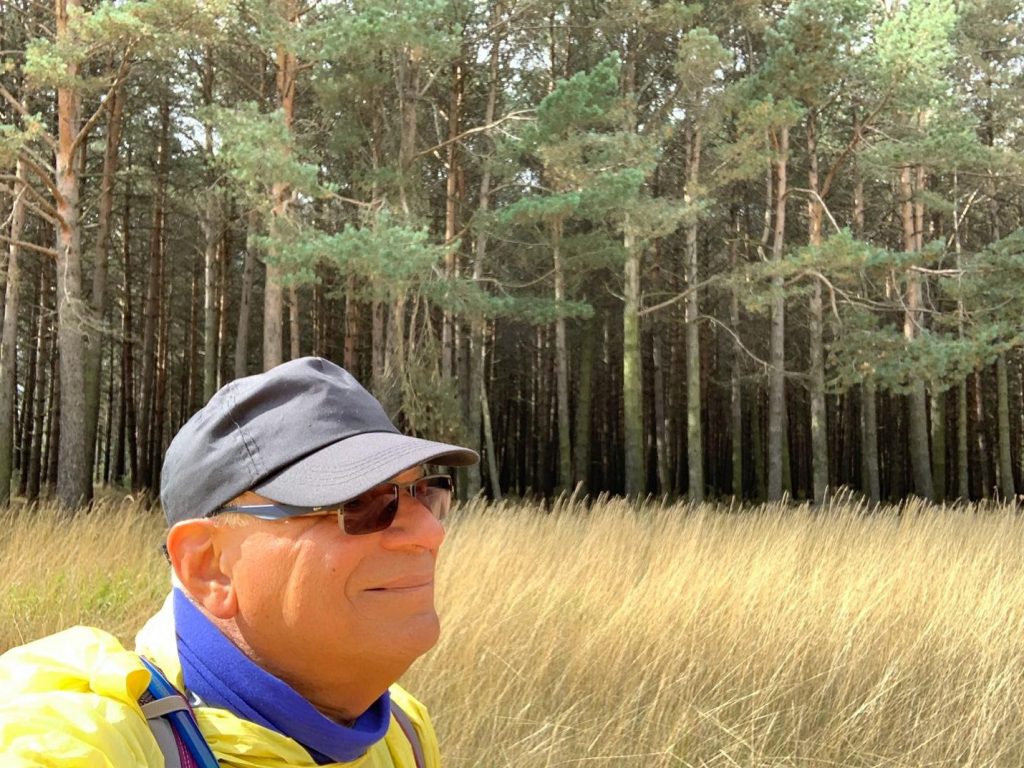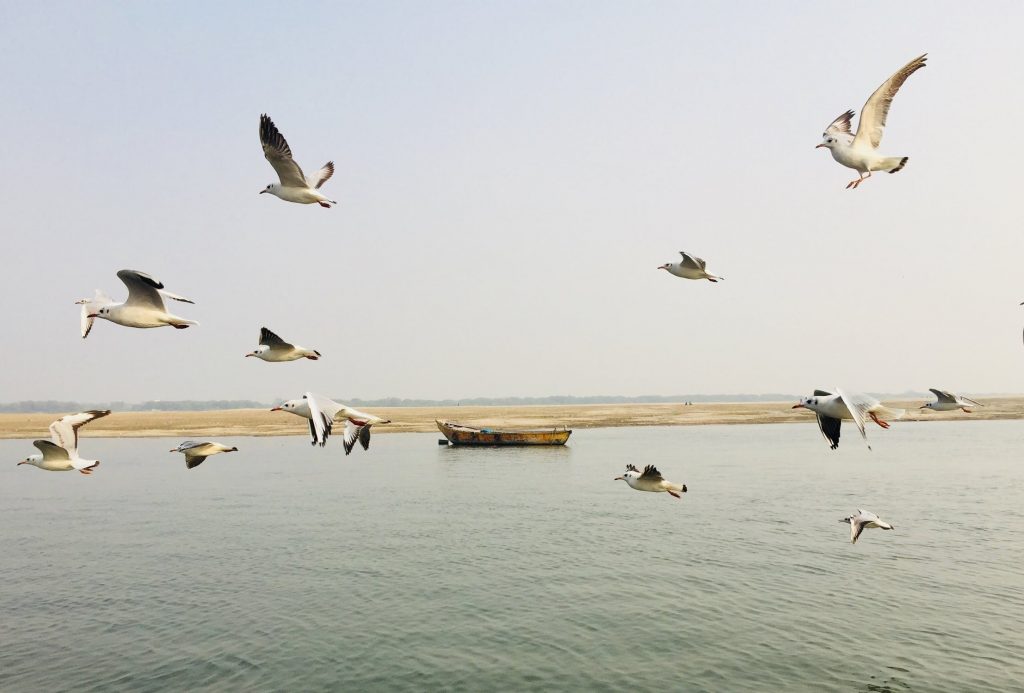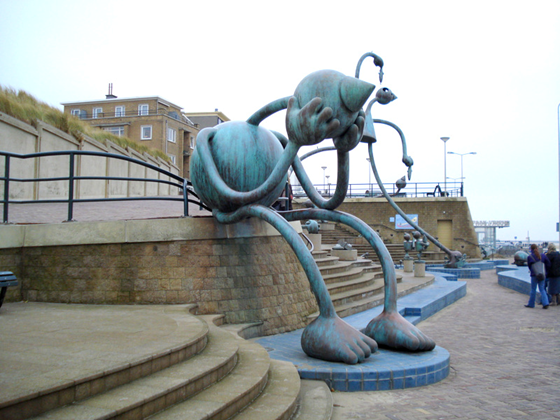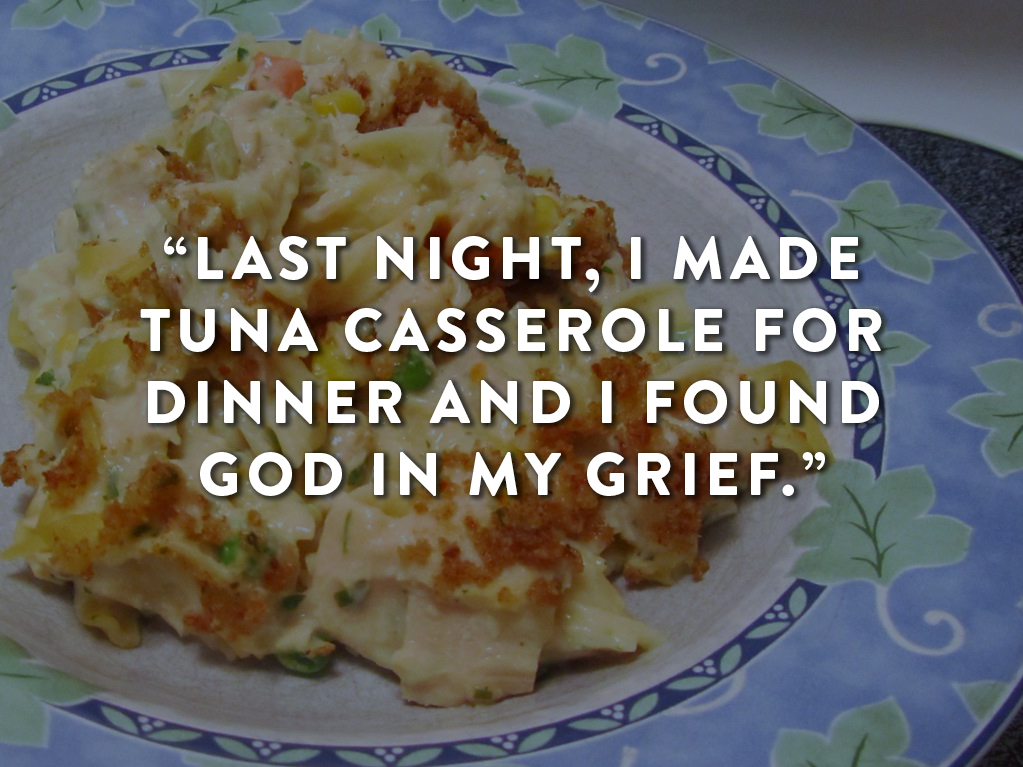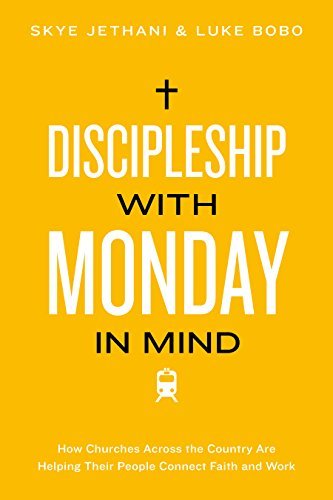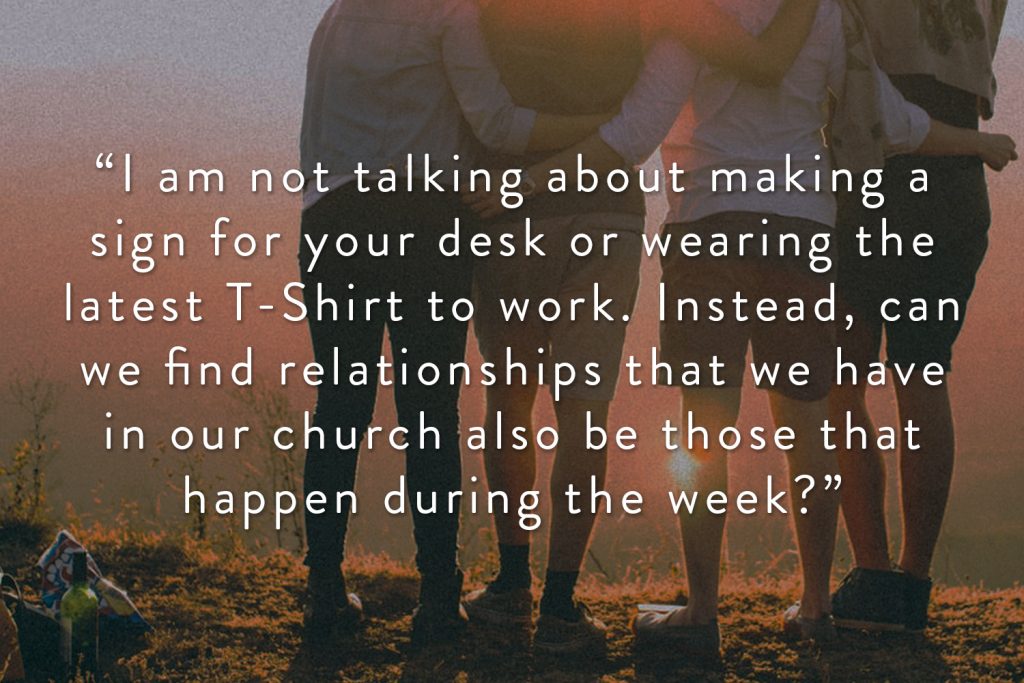“Give thanks in all circumstances; for this is the will of God in Christ Jesus for you.” (I Thes. 5:18, ESV)
During this 2020 Thanksgiving week, the Apostle Paul challenges us to, “Give thanks in all circumstances!” I confess that I have not always had a very thankful spirit or attitude this year. In fact, with the pandemic, heightened political tensions, and disagreements within the church as to how we can gather safely, my focus has often been far from thanksgiving. Instead, it has been side-tracked to focus on self-preservation, complaining, and trying desperately to hold on to what I once knew as normal. Balancing church and faith, and life in general, have felt far from normal this year.
In past years, my ability to give thanks in all circumstances seemed to be easier than it is now. Indeed, my Thanksgiving Day celebration was simple. It was a once-a-year acknowledgment of God’s blessings, blessings that I fully expected to receive from God for me and my family for our faithfulness.
The day of celebration included family as well as special foods, like oyster filling and pumpkin pie, and always started with a time for everyone around the table to share what they were thankful for. It was beautiful, it was simple, and it was predictable. Playing out the script of the day gave me the feeling that I was blessed. And it felt normal.
But Thanksgiving is not about me feeling blessed. It is about being thankful to God, in all circumstances. In reflection, the normalcy of my Thanksgiving has always been changing.
My parents and my sister who were always integral parts of the table celebration have gone home to be with the Lord. My siblings now have their own times of celebration with their families. My children have grown up and are not always able to be present at our gathering. Even those who once contributed the oyster filling and the pumpkin pies are no longer able to be with us. The table and the people around it has always been changing, and that is ok. I have realized that my perfect, scripted Thanksgiving has actually never been normal.
Although it has taken me many years to see this clearly, this realization is even more of a reason to give thanks. I now see that the portrait of the perfect Thanksgiving Day that I have painted in my mind is really a work in progress; it is never finished.
I also see now that God has always been present and working in my life (and in the world around me) in spite of circumstances and changes, and that is something to really be thankful for. Although family and traditions help make Thanksgiving enjoyable, the importance of understanding that we are nothing and have nothing without God is what is central. Whatever the circumstances, God is with us and should be the center of our thanks.
Due to COVID-19, my family will not be together for Thanksgiving this year. I know that this is true for many people. We call it a “new normal,” but perhaps it is just normal, like each one of the years before this one. What is the same is that we are all called to give thanks to God.
Perhaps with this attitude of thankfulness, we will also be able to see and appreciate that thanksgiving is not just a yearly occurrence, but an everyday experience.
